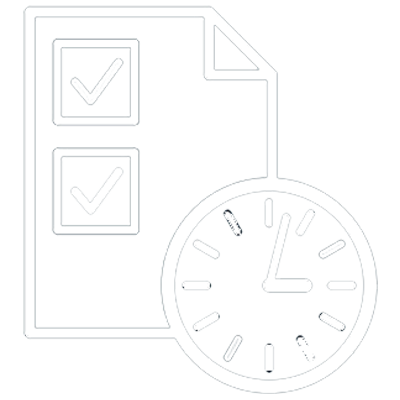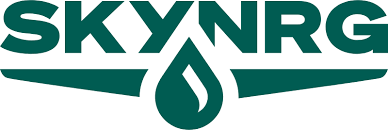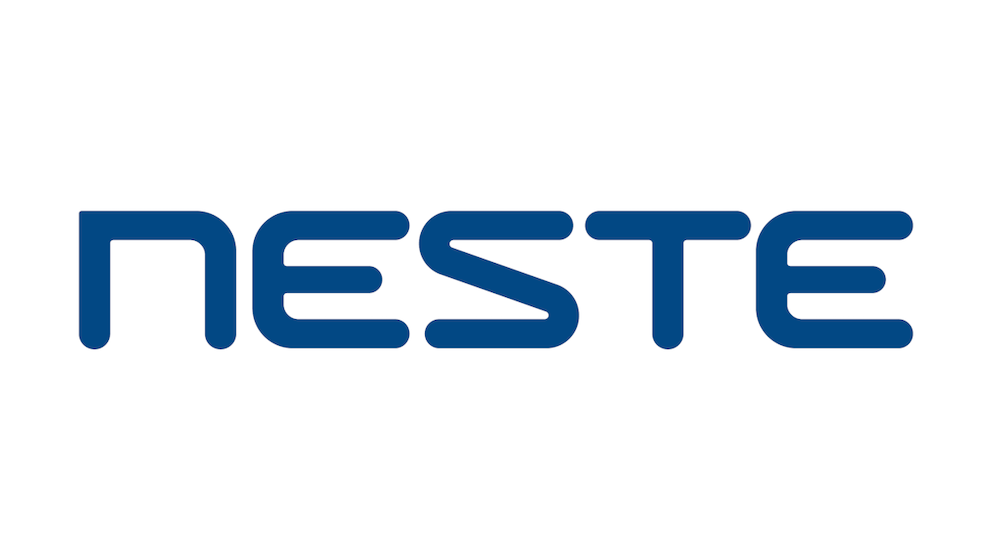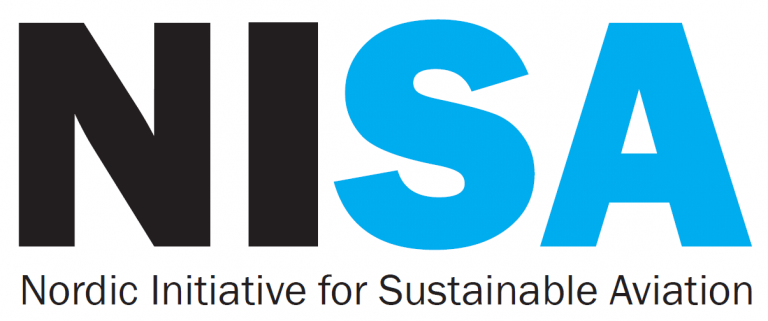Methanol-to-jet
Methanol-to-jet fuel process development
Background
Aviation is considered to be one of the hardest sectors to decarbonise, due to the high requirements to volumetric and gravimetric energy density of the fuels used. Besides biofuels, the possible pathways for sustainable aviation fuels (SAF) include direct electrification using batteries, pure renewable hydrogen, and e-kerosene, as well as hybrid solutions.
Due to relatively low energy density of batteries, direct electrification of long-haul aviation is not considered feasible in the mid-term. Neither is the use of airplanes powered by gas turbines burning pure renewable hydrogen given the 25+ years investment cycle of commercial aircrafts. Therefore, e-kerosene is likely to become the main pathway for SAF production in the medium-to-long term. The Methanol-to-Jet process development project aims to develop the Methanol technology pathway for production of e-kerosene.
Moreover, the timing of the expected results from the project is aligned with the Green Fuels for Denmark (GFDK) flagship project’s timeline to ensure a strong focus on rapid commercialization of the Methanol-to-Jet technology. If development and ASTM certification is successful within the Methanol-to-Jet process development project, first industrial deployment of Methanol-to-Jet process is aimed for by 2025. By 2027 GFDK plans to use this technology to scale up to commercial production of e-kerosene and by 2030 increase e-kerosene production capacity to 250kt/year, equivalent to ~1/3 of total yearly aviation fuel consumption in Copenhagen Airport in Kastrup and equivalent to displacing 810kt CO2/year.


Objectives
The objective of Methanol-to-jet project is to develop the Methanol-to-Jet fuel pathway to produce aviation fuel to a level of maturity where the pathway is developed to TRL of 5-6. This will:
- Create a solid design base for subsequent design to the industrially relevant scale
- Enable the project to create a strategy for and commence ASTM certification of the Methanol-to-jet pathway for use of the fuel in commercial aviation
- Create sufficient certainty about the process to determine competitiveness against alternative SAF pathways
- Make it possible to plan and optimize the future integration of Methanol-to-jet plants with the energy system

Expected results/impact
The project expects to decrease the time-to-market of a certified Methanol-to-Jet process so that it can be available for SAF production at the earliest possible date to complement existing SAF pathways and to contribute to a fast and economic transformation of aviation fuel consumption away from fossil fuels. The project further expects to establish a tangible view on the competitiveness of the Methanol-to-Jet pathway versus alternative SAF pathways, and a view on optimal integration with the surrounding energy system. Moreover, the project will contribute to domestic Danish aviation decarbonization targets and the EU regulation, ReFuelEU Aviation, which aims towards increasing the uptake of sustainable fuels in aviation.
Renewable Aviation e-SAF Catalogue and System Impacts
Budget

≈51 M DKK
Partners

8
Start

August 2022
Duration










